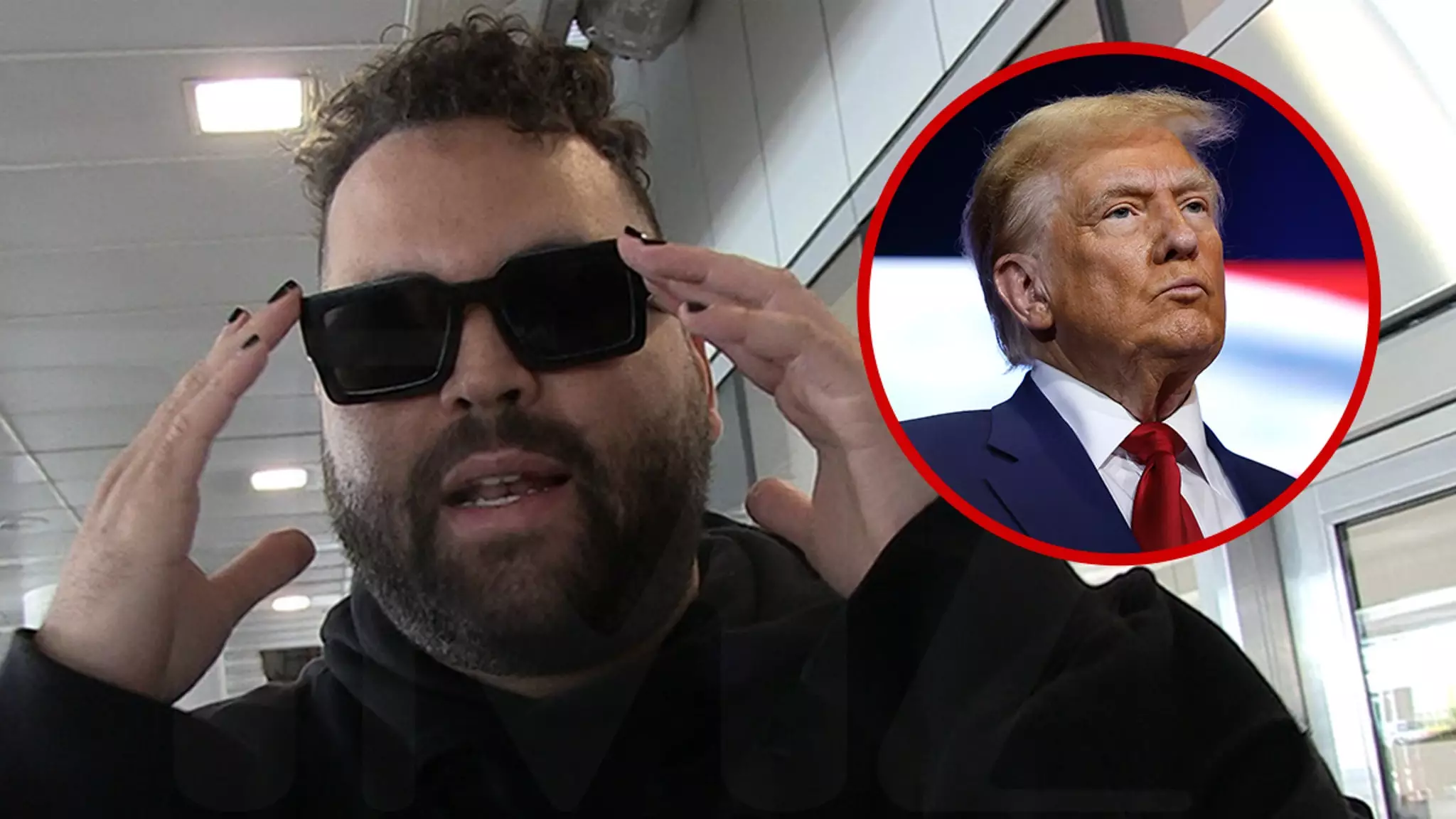In a recent expression of discontent, chef and restaurateur Jeremy Fall made headlines while critiquing President Donald Trump’s military parade in Washington, D.C. Scheduled to coincide with the Army’s 250th anniversary and notably on Trump’s own birthday, this event has drawn significant scrutiny. Fall’s perspective sheds light on a broader conversation about how militarization can impact democracy and civic engagement in the United States.
Fall’s comments reflect a fear that the president is using displays of military might to intimidate the American populace. He argues that treating the military as a personal tool for political ends undermines the very principles of democracy. By deploying military forces at home, especially to counter civil unrest, the administration is, according to Fall, sending a chilling message that dissent is unwelcomed and potentially dangerous. The imagery of armed military personnel patrolling citizen streets seems designed not just to reassure but to subdue.
The Underlying Reasons for Fear
These sentiments resonate deeply with many who have felt the strain of recent political climates marked by division and hostility. The protests across America against various Trump administration policies, particularly regarding immigration, have highlighted a rift in public sentiment. Many view these military parades as a precursor to more authoritarian governance—a tactic to stifle opposition through fear rather than reasoned debate.
Fall’s call for peaceful civil disobedience serves as a reminder that resistance can take many forms. It is vital that citizens feel empowered to challenge what they perceive to be governmental overreach, and Fall’s insistence on peaceful protests highlights the importance of non-violence in standing up against perceived injustices. His assertion that inaction is not an option rings true for those frustrated by the current political climate.
Imagining the Future of Civil Discourse
The implications of these military displays on the next three years of Trump’s presidency are concerning. Fall’s tone in discussing the future was anything but optimistic, suggesting a pervasive fear that the erosion of civic dialogue is well underway. This highlights a critical juncture for American democracy: the need to differentiate between national security and a manipulative show of power.
It is imperative that the American public remain vigilant against the trend of shifting military presence to civilian populations. In reflecting on Fall’s message, one realizes the profound responsibility resting on the shoulders of citizens—both to challenge and to participate in a democratic process that respects dissenting voices while avoiding the treacherous path towards authoritarianism. The No Kings rallies, which aim to resist this display of power, symbolize a growing call for inclusivity and openness in political discourse.
Ultimately, Fall’s insights encapsulate the struggle to reclaim civic space and challenge the narratives shaped by those in power. His perspective not only calls for action but underscores the importance of dialogue—a crucial element in preserving the democratic fabric of the nation. Armed with resolve, citizens have the power to reshape their future, ensuring it remains reflective of a collective voice rather than an echo of fear.

